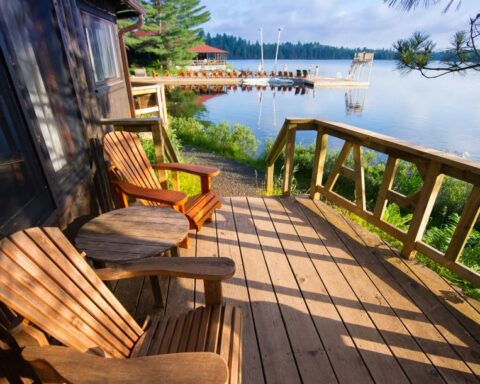Starting a backyard garden can be a fun and rewarding experience, but it can also be a lot of work. If you’re new to gardening, it can be tough to know where to start. In this blog post, we will outline the basics of starting a backyard garden, from choosing the right location to planting your first seeds!
Plan your garden

Before you start to plant in your garden, it is important to take some time to plan it out. First, decide what kinds of plants you want to grow. Once you have an idea of the types of plants you would like to grow, research the best way to care for them. Make sure you know how much sun and water they will need, and whether they prefer to be in the shade or in direct sunlight. It is also important to consider the layout of your garden. Decide how you want the plants to be arranged, and leave enough space between each plant so that they have room to grow. By taking the time to plan your garden before you start planting, you can ensure that your plants will have everything they need to thrive.
Before getting started, it’s also worth considering alternatives to a natural garden, perhaps if you don’t have the space, are working on a balcony or cordoned off area, or simply don’t have the time to work on your garden and maintain it. Artificial grass solutions are surging in popularity for those that want to enjoy a low-maintenance solution, and there are many styles and options available.
Select the right plants

Selecting the right plants for your garden can be a daunting task. With so many options to choose from, it’s easy to feel overwhelmed. One way to narrow down your choices is to consider the climate in your area. If you live in a warm climate, you’ll want to choose plants that can tolerate high temperatures and direct sunlight. If you live in a cooler climate, you’ll want to select plants that can withstand below-freezing temperatures and occasional frost. Once you’ve determined which plants are best suited for your climate, you can begin to narrow down your choices based on the size and type of plant that you’d like to grow. Do you want tall flowers or short shrubs? Brightly colored blooms or subdued green foliage? Armed with this information, you can begin to select the perfect plants for your garden.
Purchase the supplies
After you have an idea of what you want to grow, make a list of the supplies you’ll need. Most gardens will require soil, seeds or seedlings, fertilizer, mulch, and a watering can or hose. You may also need gardening tools such as a shovel, rake, hoe, or trowel.
Before you pay, take inventory of what you already have. Chances are, you have some gardening supplies lurking in your garage or shed. This will help you focus your shopping and avoid impulse purchases.
Prepare the land

Before you can plant your garden, you also need to till the land. Tilling the land helps to loosen the soil, making it easier for roots to take hold. It also helps to aerate the soil, which is essential for healthy plant growth. In addition, tilling the land can help to control weeds and pests by disrupting their growth cycles. If you’re planning to till a large area of land, you may want to consider renting a tiller. However, for smaller gardens, a hand tiller will suffice.
Plant your seeds and care for them

When the soil is ready, you can start planting your seeds or seedlings. Regularly removing weeds will give your plants room to grow and prevent them from competing for resources. Besides, give them a little extra attention if they start to look wilted or unhealthy. To keep your garden healthy, it’s important to stay on top of weeding and watering. To protect the plants from trampling, you can set up metal fence panels.
If you are feeling inspired to start your own backyard garden, there is no time like the present! With a little bit of planning and preparation, you can have your very own garden up and running in no time. Just be sure to keep these tips in mind as you get started. And don’t forget to enjoy the fruits (and vegetables) of your labor!




